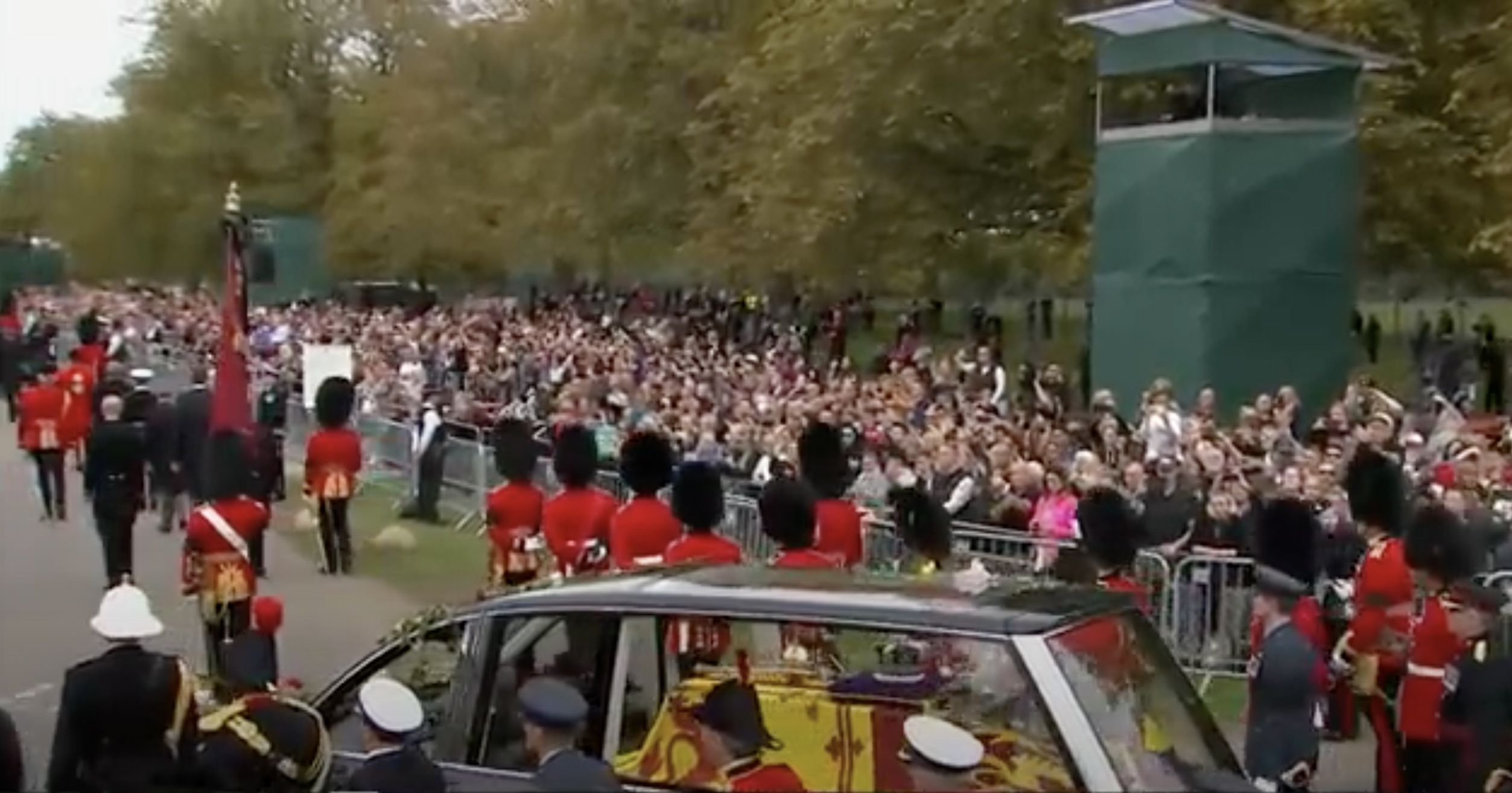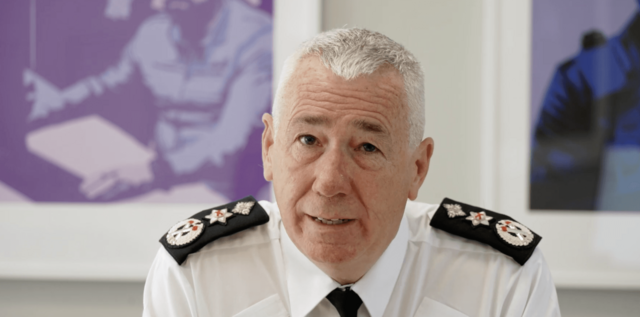A NEW British Prime Minister, appointed by a tiny number of people in England with a right wing agenda that would make Goebbels blush, went under the radar with the death of Queen Elizabeth II.
This community was generous in its response to the passing of the British queen. There was a space left for brothers and sisters who felt a connection to her, particularly in the pro-union community, to mourn without interference. Expressions of condolence from Sinn Féin were welcomed as progressive by many. In almost surreal scenes in Hillsborough, First Minister designate Michelle O’Neill was gracious in her condolences to the new King, and Speaker Alex Maskey’s words were welcomed and moved many traditional pro-union citizens to thank him.
That there was a positive response to these generous and kind moves had Arlene Foster ripping her tights in frustration. Her negativity spoke to her own issues more than anything else. Sometimes traumatised people are suspicious and see alternate motive in every single fall of a leaf. This is exhausting for them, and we must do all we can to support trauma survivors when they are caught in cycles of self-destruction. However, when that individual has access to power and voice and chooses not to access support but spread their personal sadness and anxiety on to the rest of the population, the kind and responsible thing is to see it for what it is and move on.
Remarkably, those with an entirely different view of monarchy and Empire’s legacy were in the main content to hold their thoughts and concerns until the state-imposed official period of mourning was over. In a display of remarkable constraint, these views were generally kept to the margins. But surely now the space has been reopened for analysis and commentary.
It is entirely legitimate to acknowledge personal loss and the public impact this particular loss had on so many and still speak of the obvious implications of public displays of wealth and pageantry while people cannot make ends meet. It is also legitimate to point out that much of that wealth and privilege which was on display is the monetary legacy of a slave trade and the oppression of full continents.
It is legitimate to point out that the thousands of military personnel which accompanied all of the pageantry, and their forebears who wore various versions of those uniforms, represent grave and unaccounted for harms which decimated peoples across this globe. It is legitimate to point out that the current British government has not said that is the past and we need a better present and future based on human rights, but is rather tearing up all forms of human rights accountability for the past and, importantly, for the future. Can we have true reconciliation when the representatives of only one community engage in the acts that build confidence for reconciliation’s potential?
Can we reconcile when the abuses of the past are denied, truth is bastardised, and the rule of law thwarted?
Reconciliation is not blind. It is gracious, kind, generous and honest. We reconcile on the basis of respect for all of our traditions, needs and rights.
Perhaps with last week’s goodwill nurtured and the space for those conversations marginalised last week now opened up, reconciliation will at last become possible. I hope so.








